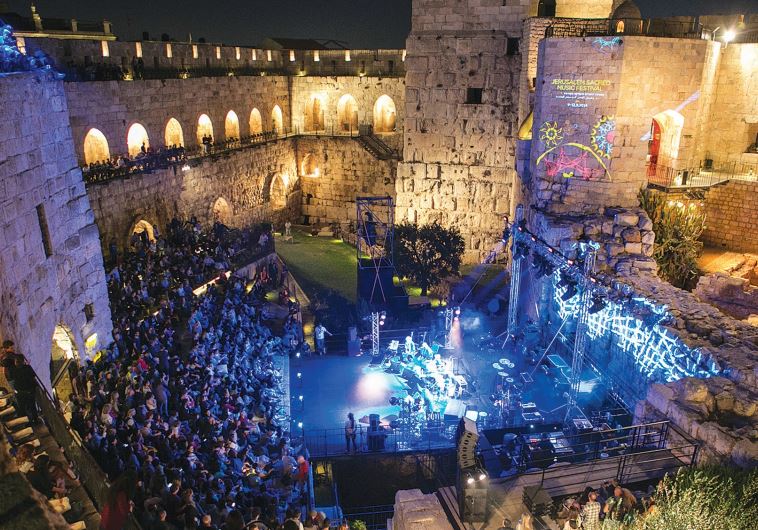Jerusalem's sacred music festival takes pluralistic approach
For music lovers, Mekudeshet at the magical venue of the Tower of David (September 7-15) never fails to inspire.
 A SCENE from last year’s Jerusalem Sacred Music Festival at Tower of David Museum.(photo credit: MICHAL FATTAL)
A SCENE from last year’s Jerusalem Sacred Music Festival at Tower of David Museum.(photo credit: MICHAL FATTAL)